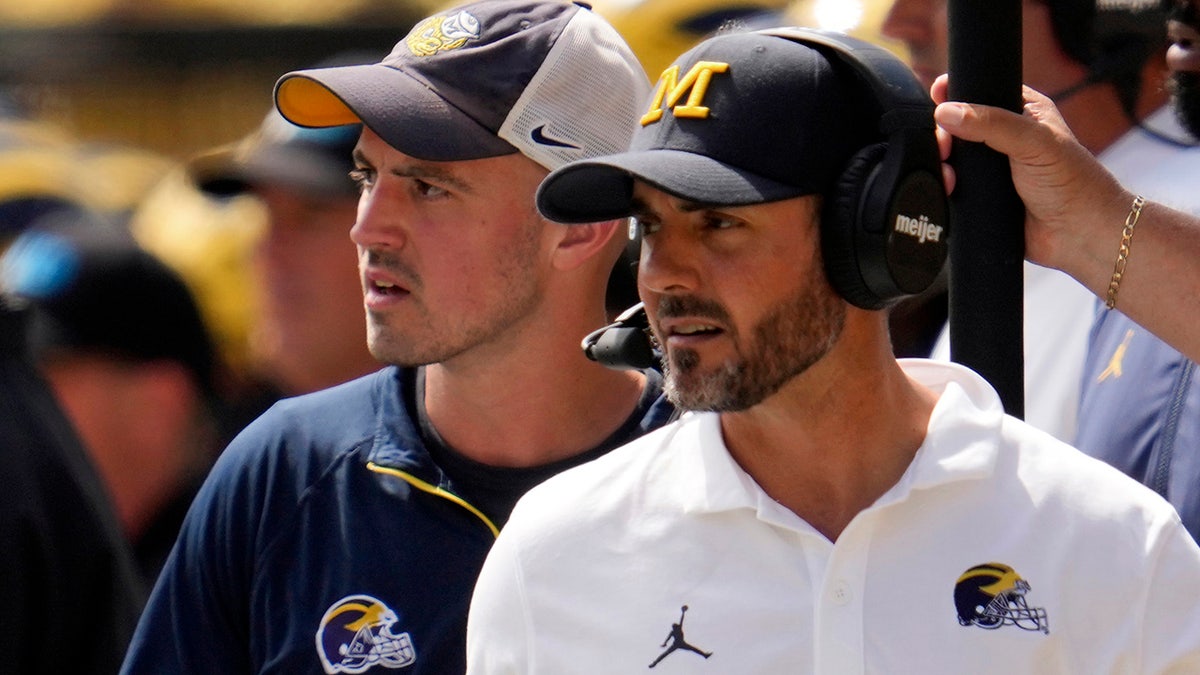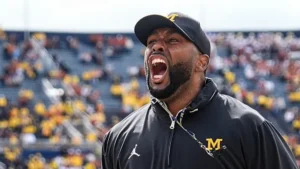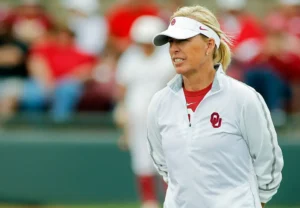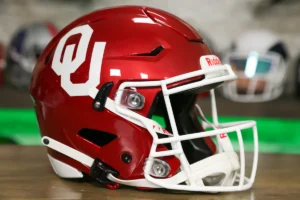
Sports cheating continues to make headlines, with Michigan football as the newest scandal. What makes it difficult for athletes to abide by the rules?

No sports enthusiast would have likely known the name Connor Stalions. With his average appearance among the many aspiring coaches seen on college football sidelines, he was just a minor part of Michigan football, a program renowned for its extensive history of wins. However, this fall, in a domain dominated by iconic figures like Fielding Yost, Bo Schembechler, Desmond Howard, Tom Brady, and even President Gerald Ford, Stalions became a significant figure, albeit for the wrong reasonsÔÇöhe cheated.
Since the inception of games governed by established rules, individuals have sought to defy these regulations for personal gain, be it money, fame, or, in Stalions’ case, the unwavering pursuit of career advancement through dishonest methods. This pattern of rule-breaking has intrigued fans, athletes, and scholars across centuries.
Stalions, an analytics assistant, was dismissed for orchestrating a plan to steal signs, a scandal that placed him momentarily ahead of these celebrated names in college football. This act, a part of a broader history of rule-breaking in sports, prompts questions about the motivations behind cheating, the ambiguous areas of fair play that don’t align with the spirit of rules, and whether genuine fair competition is achievable when many are willing to cheat.
“What lies within us surfaces through the intensity and challenges of sports,” remarks John White, founder of the Faith & Sports Institute at Baylor University. “Does it bring out our best or worst?”
The revelation of Stalions, employed on a modest salary, creating a network to film rival teams’ sidelines for decoding play calls shook the sport. It triggered an NCAA investigation due to rules prohibiting in-person scouting. Consequently, Stalions lost his job, implicating Michigan’s linebackers coach and resulting in a three-game suspension for head coach Jim Harbaugh, although no evidence linked him to the scheme.
The aftermath included debates on whether Stalions truly cheated or merely exploited a loophole in NCAA regulations. Coaches weighed in, acknowledging Stalions had overstepped boundaries but also recognizing that sign-stealing and information exchange between teams have historically been part of the sport. Michigan’s athletics director even argued against severe punishment, citing the debated value of the specific rule breached by Stalions.
As Michigan gears up for a College Football Playoff semifinal, the scandal’s repercussions continue, following a familiar cycle seen in the history of sports scandals: initial outrage, followed by attempts to rationalize the actions, and eventually, a debate over the purpose of the rule itself.







